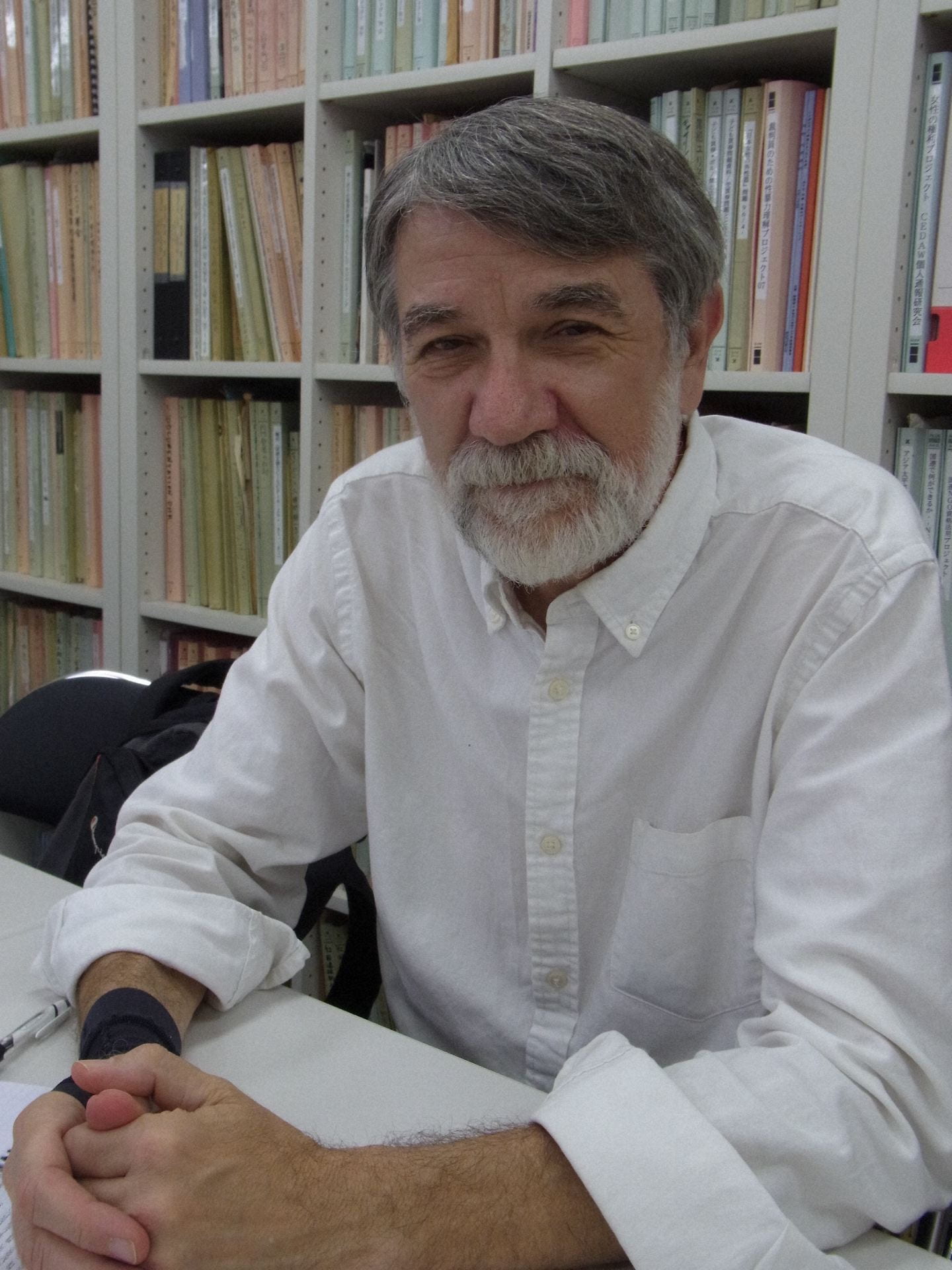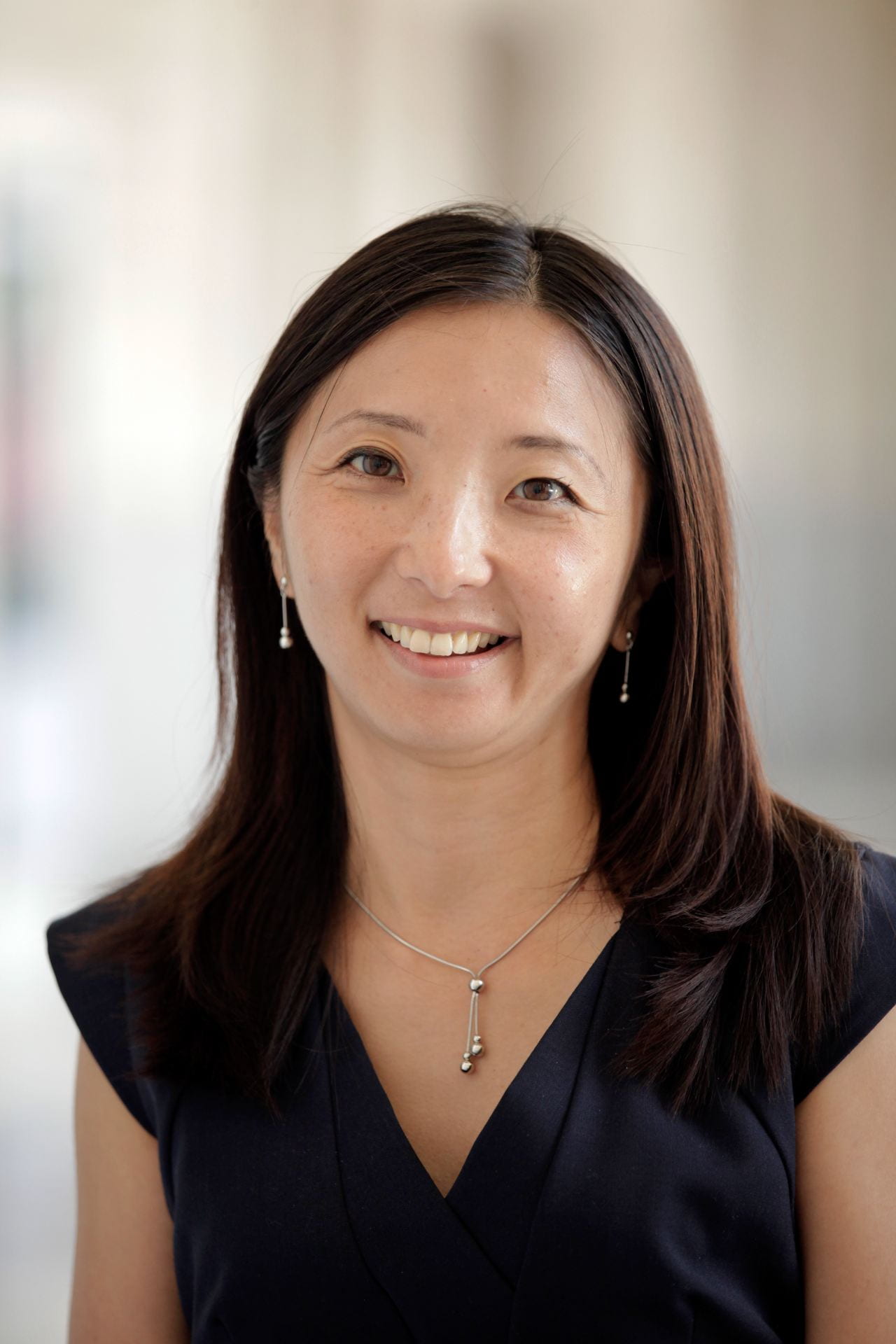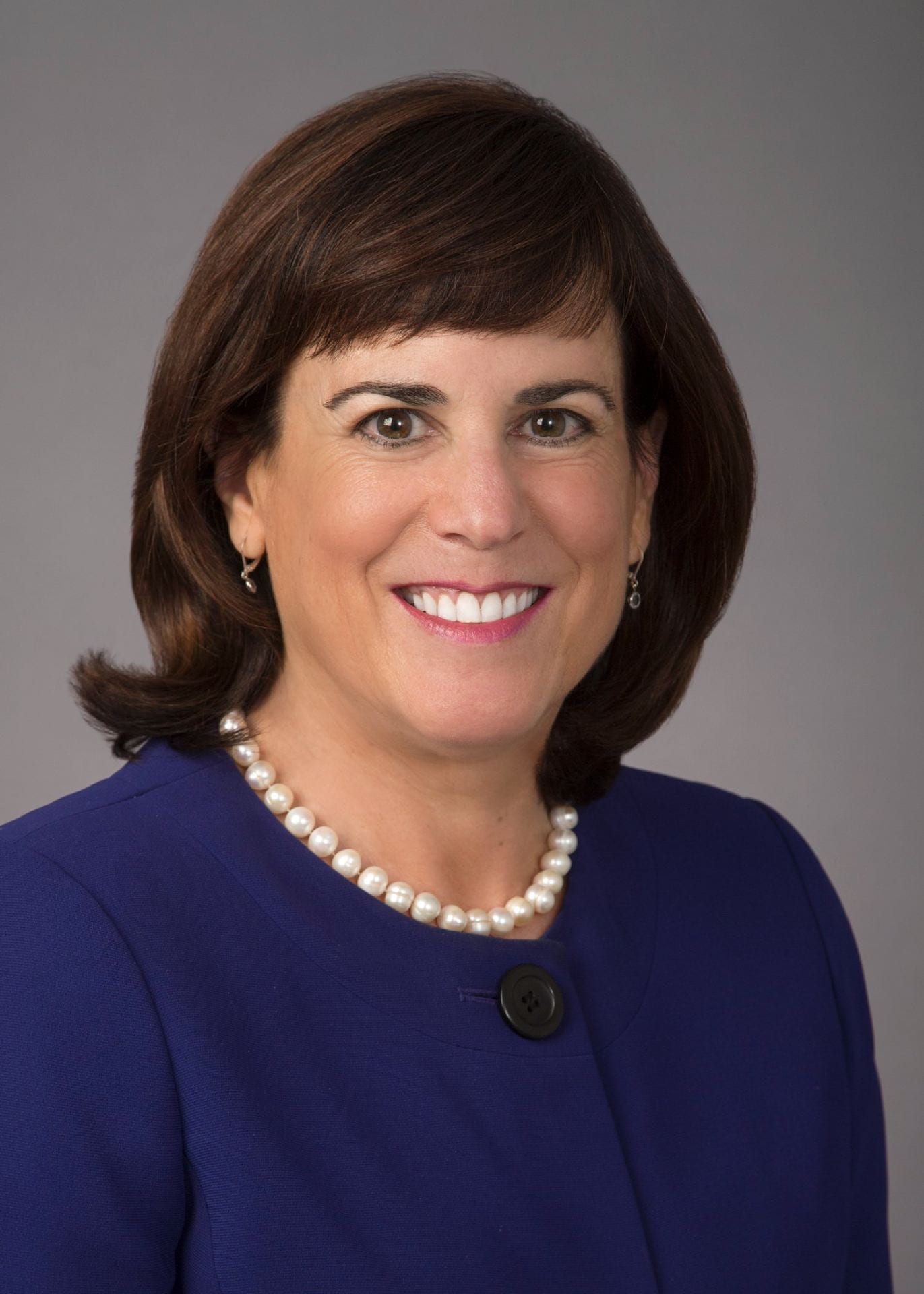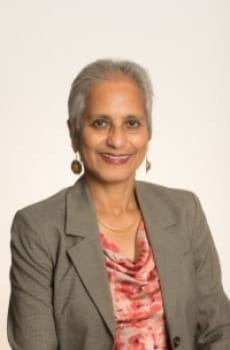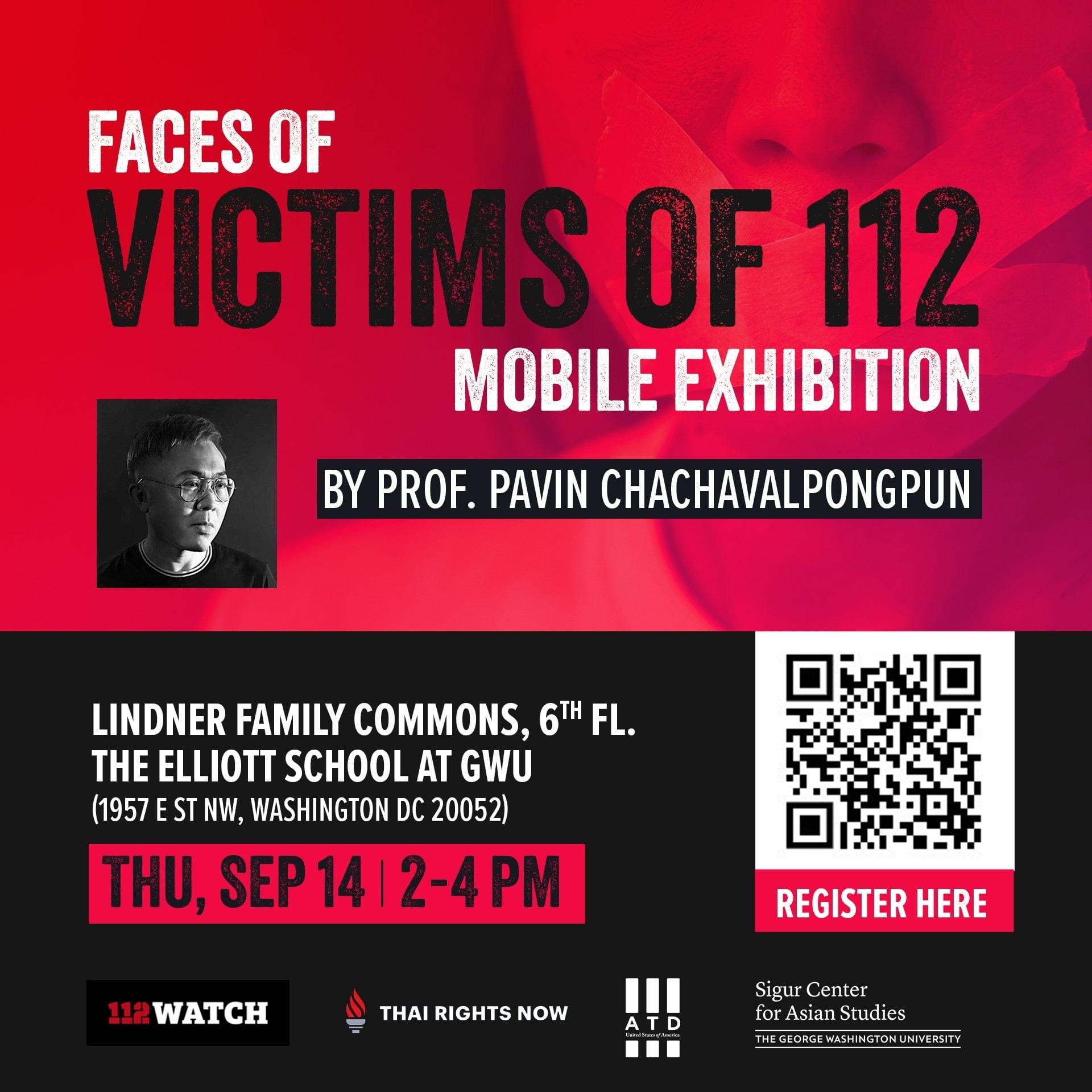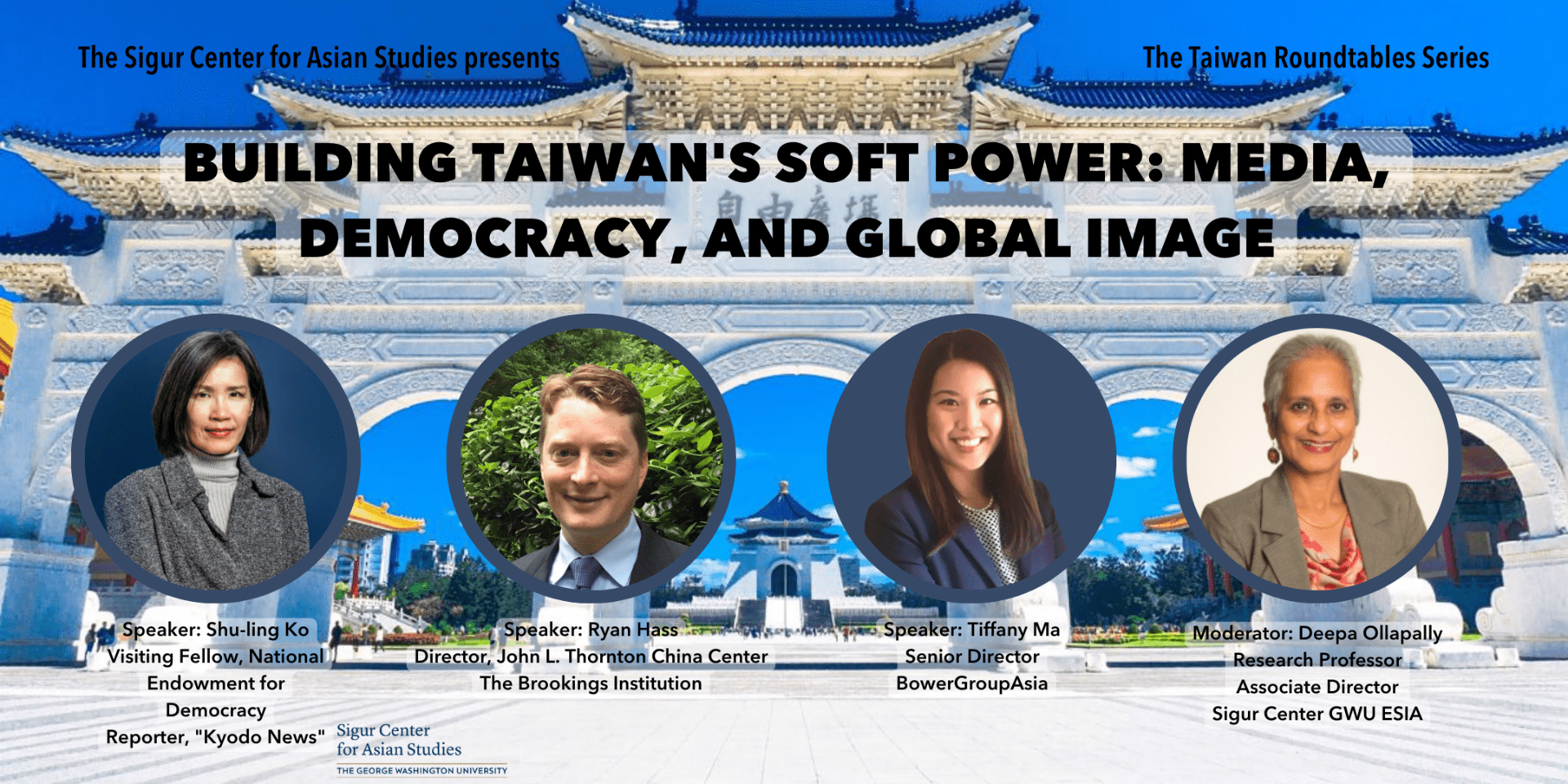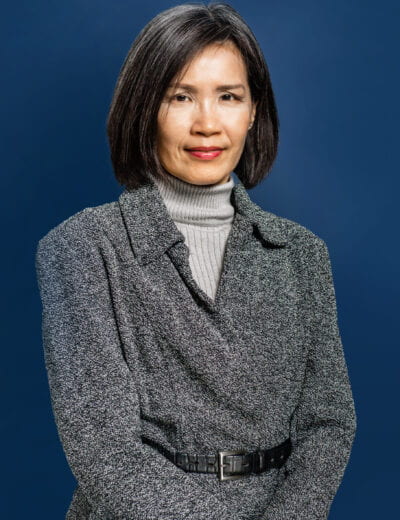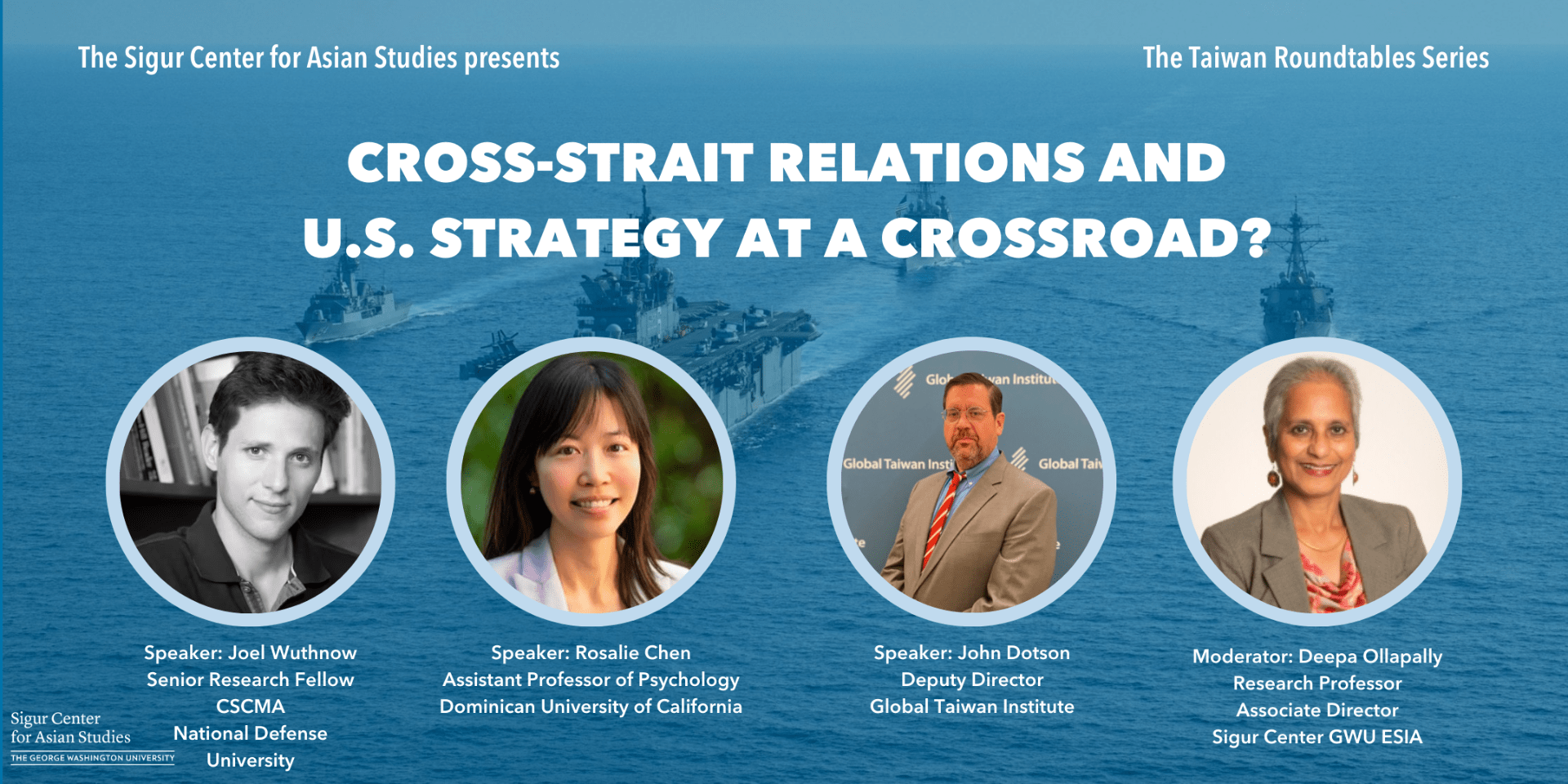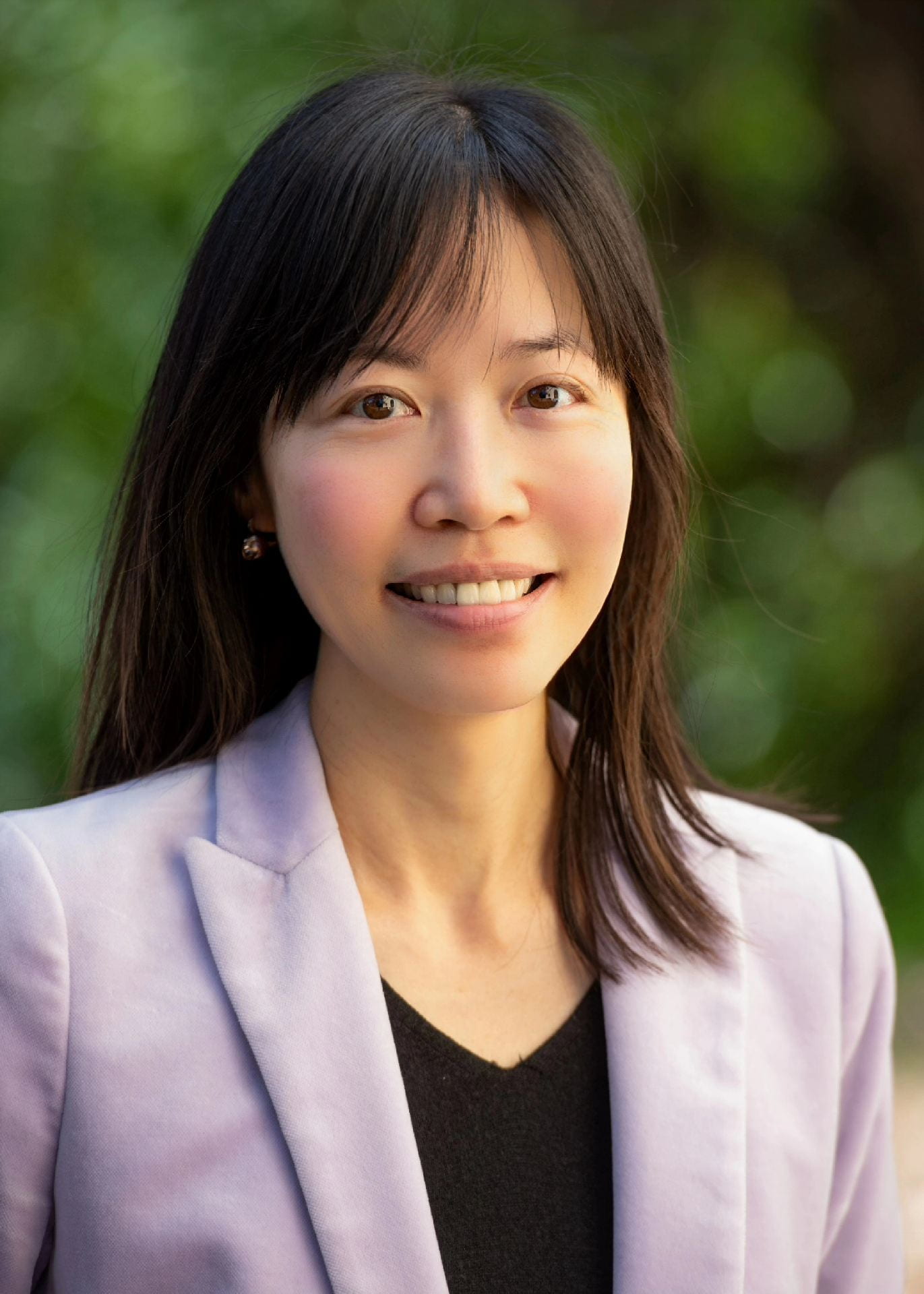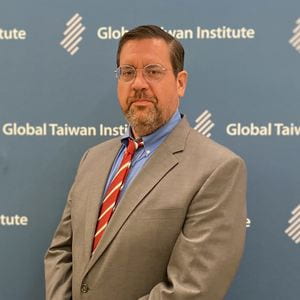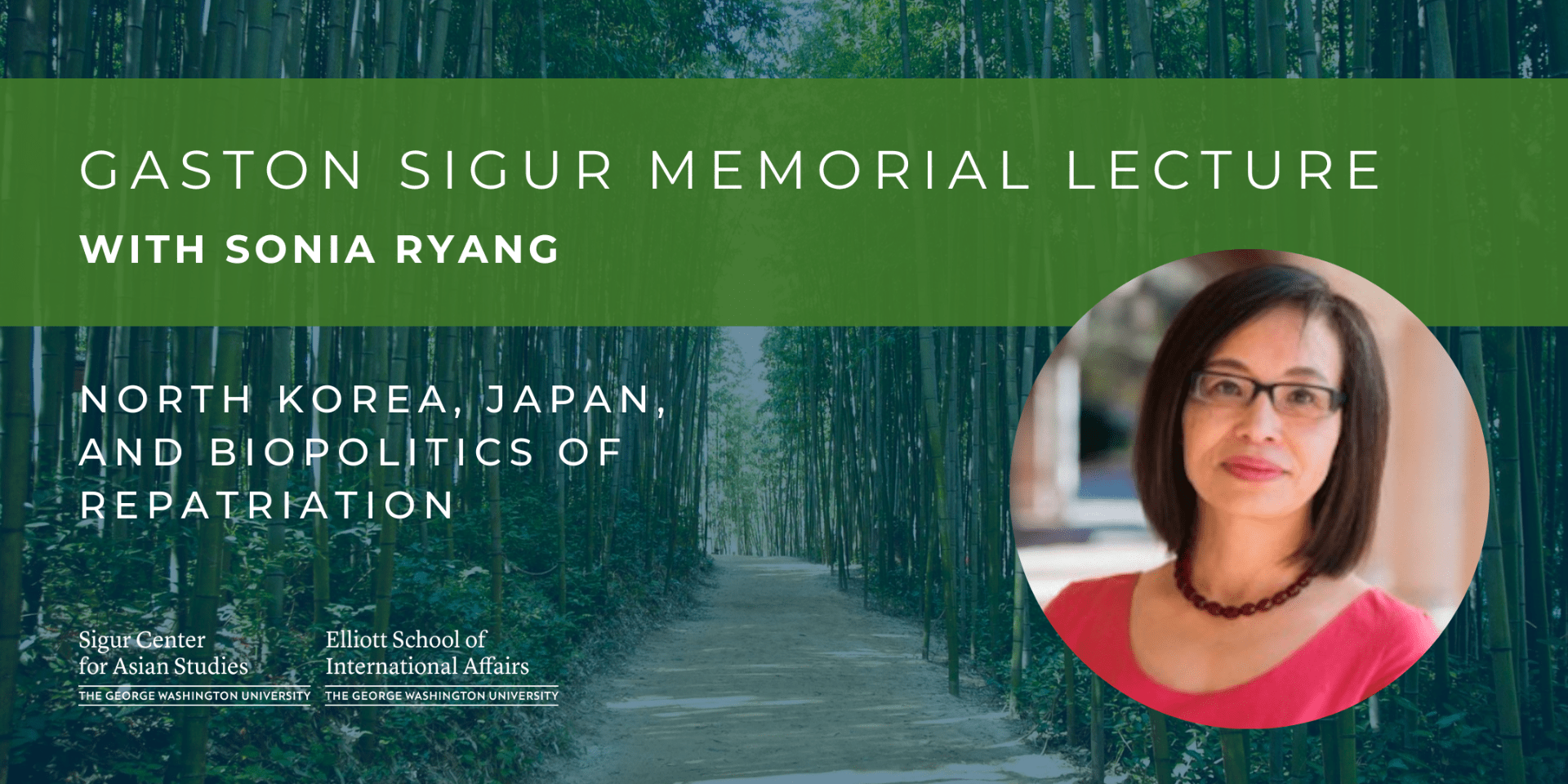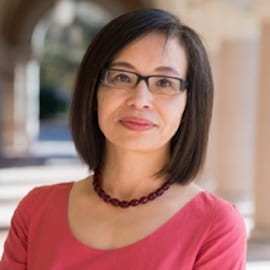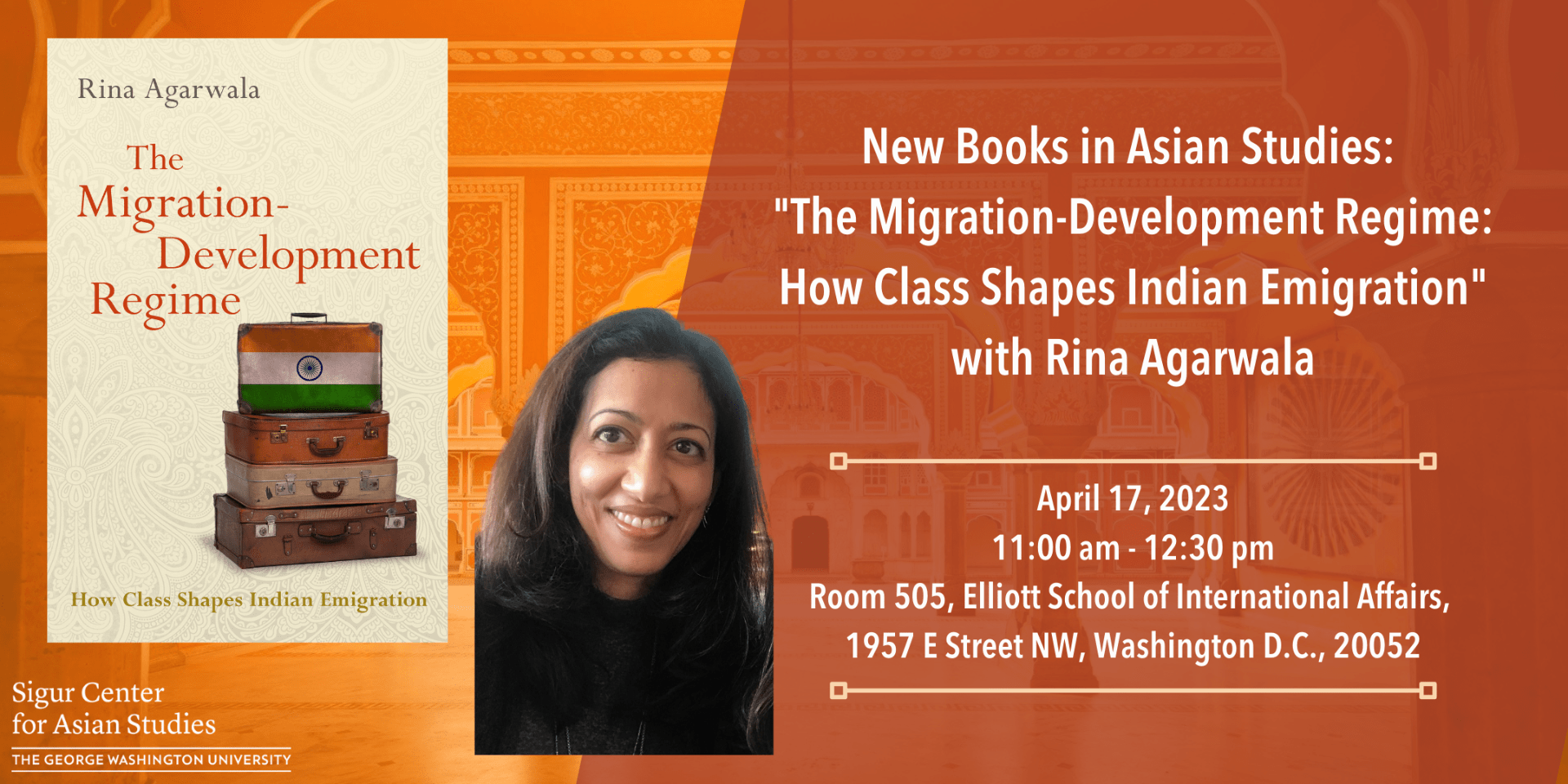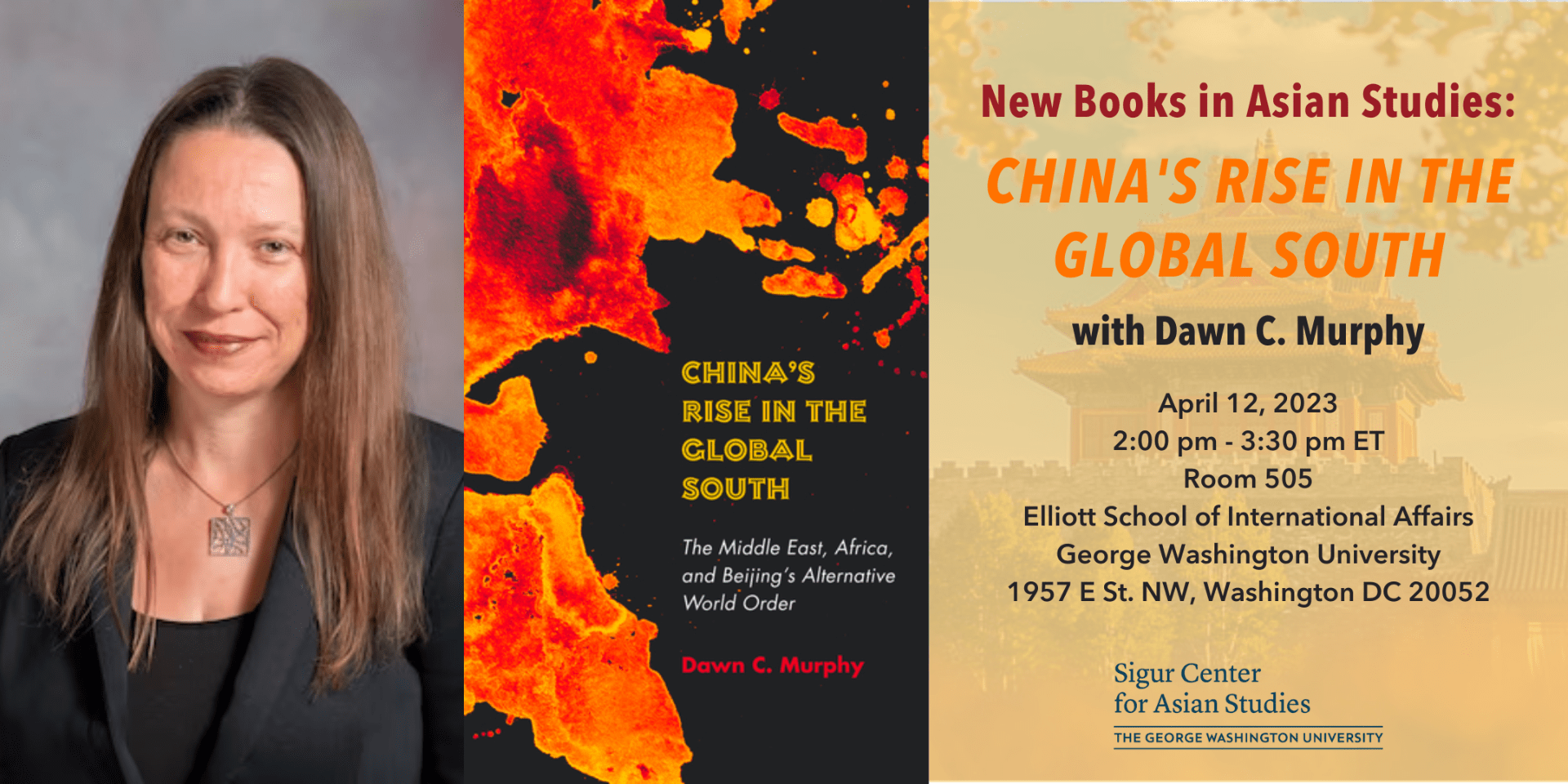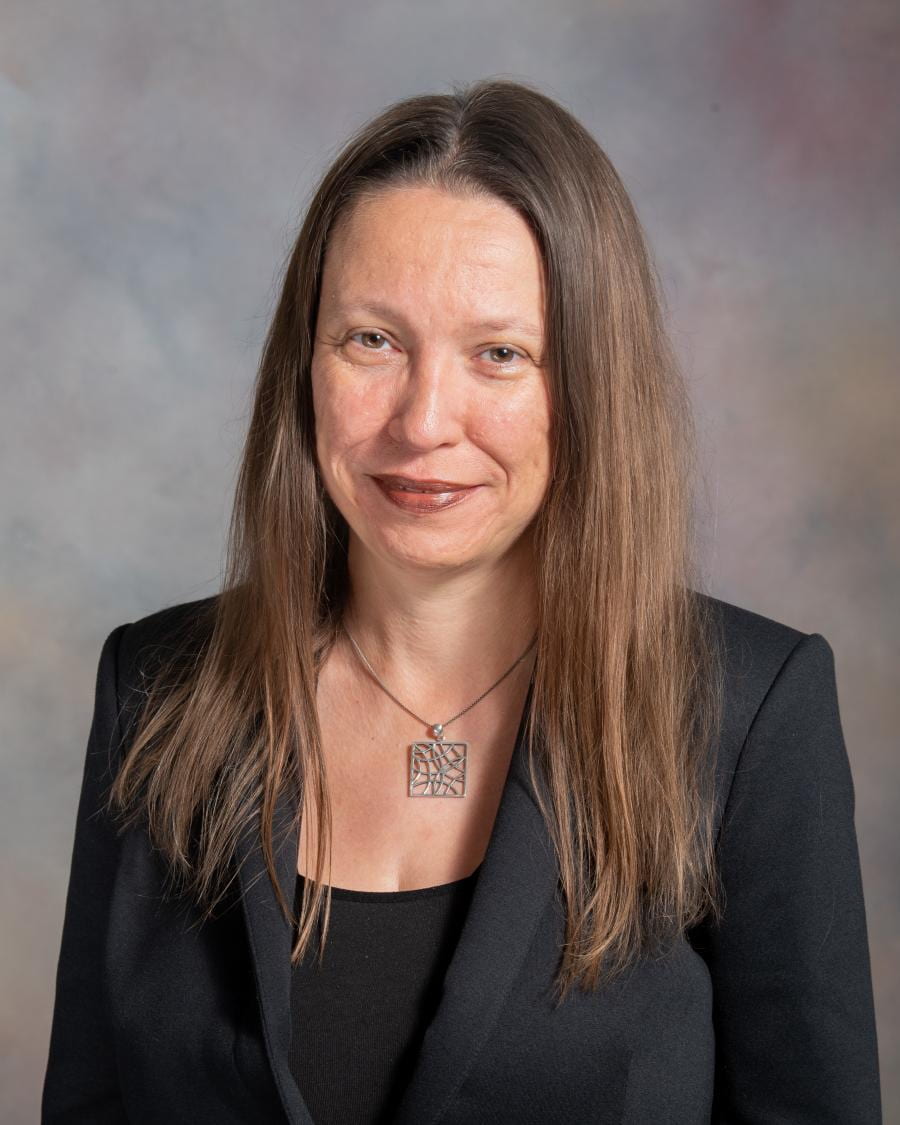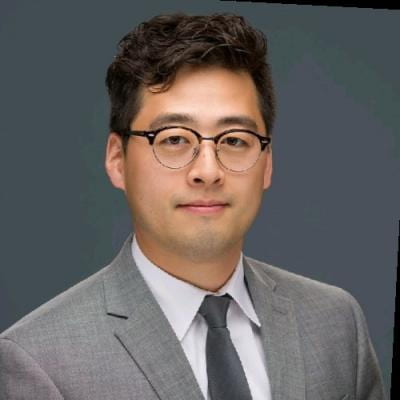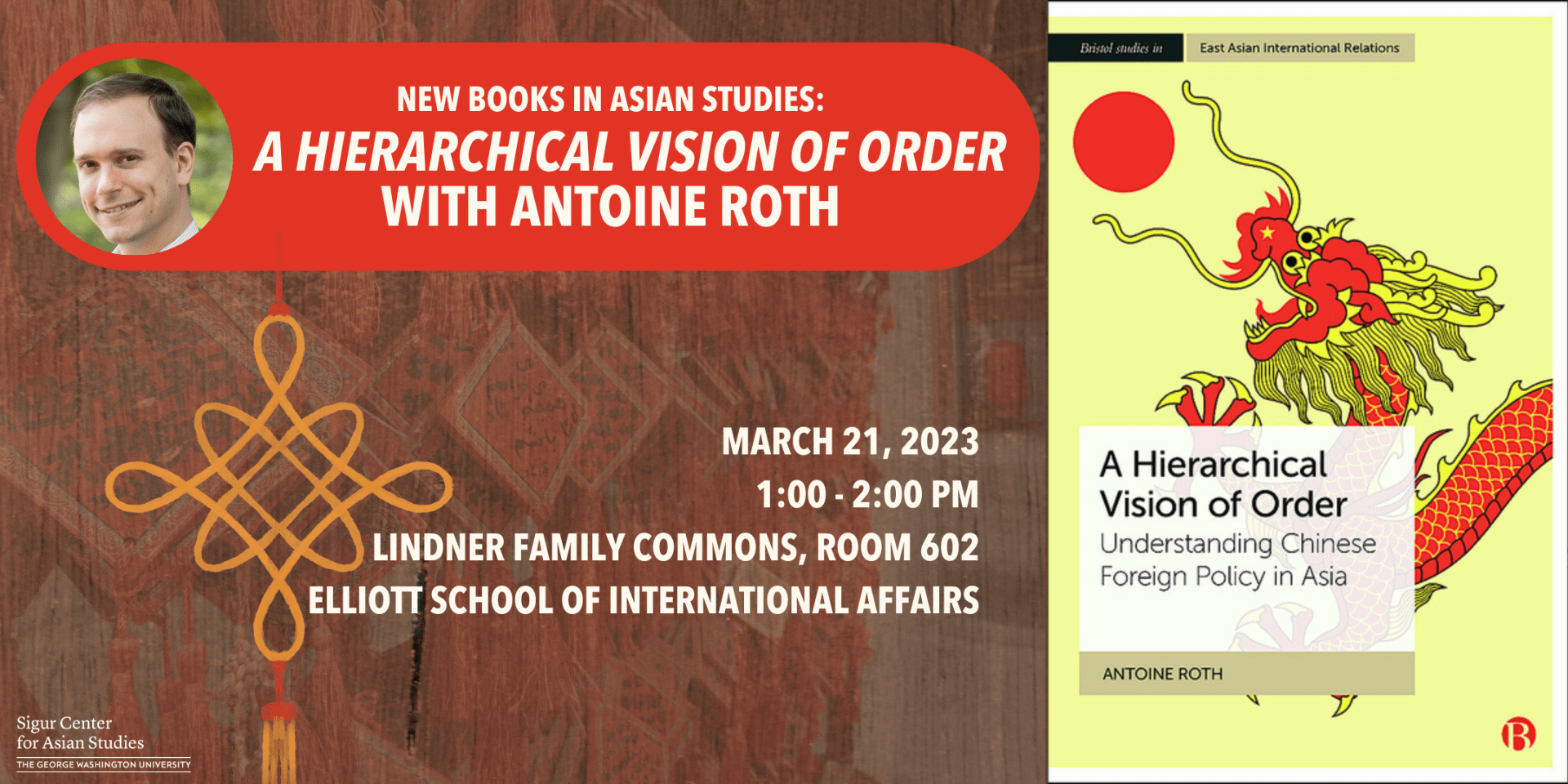Thursday, October 26, 2023
12:30 PM – 2:00 PM ET
Lindner Family Commons Room 602
Elliott School of International Affairs
1957 E Street NW Washington, D.C. 20052
When the Bush Administration demanded Japanese “boots on the ground” to support its 2003 invasion of Iraq, Prime Minister Jun’ichiro Koizumi responded by deploying a small contingent of the Self-Defense Forces in the first significant display of SDF force abroad. On the day following the initial deployment, three antiwar protesters distributed flyers at SDF apartment buildings in Tachikawa titled “Let’s Think Together and Raise Our Voices Against the SDF Deployment to Iraq!” They were arrested a month later and detained in police cells for 75 days. Amnesty International called the three Japanese detainees “Prisoners of Conscience,” the first time it applied the term in Japan.
The case presented a severe test for Japan’s criminal justice system. Who would stand up to support the lonely trio? Would they find adequate defense counsel? How would the lawyers be paid? Would the courts recognize constitutional protection for political speech?
The author will talk about his new book, Japan’s Prisoners of Conscience — Protest and Law During the Iraq War, (Routledge, 2023), that takes readers into Japan’s courtrooms and delivers rich descriptions of the lawyers and supporters who rallied to defend the three protesters.
Speaker
Lawrence Repeta is a graduate of the University of Washington Law School. He has served as a lawyer, business executive and law professor in Japan and the United States. The primary focus of his research is Japan’s constitutional law. He is best known in Japan as the plaintiff in a suit that made constitutional history by opening Japan’s courts to free reporting. He has served on the board of directors of Information Clearinghouse Japan, an NGO devoted to promoting open government in Japan and the Japan Civil Liberties Union.
Moderator
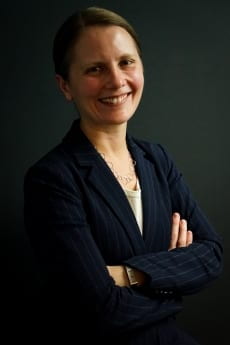
Professor Celeste Arrington specializes in comparative politics, with a regional focus on the Koreas and Japan. Her research interests include law and social change, governance, civil society, social movements, policy-making processes, lawyers, the media and politics, and qualitative methods. She is also interested in the international relations and security of Northeast Asia and transnational activism.
Her first book was Accidental Activists: Victim Movements and Government Accountability in Japan and South Korea (Cornell, 2016). She has published articles in Comparative Political Studies, Law & Society Review, Journal of East Asian Studies, Law & Policy, Asian Survey, and elsewhere. With Patricia Goedde, she co-edited Rights Claiming in South Korea (Cambridge, 2021). Her current book project analyzes the legalistic turn in Korean and Japanese governance through paired case studies related to tobacco control and disability rights.
Her research has received support from numerous fellowships and programs. She is a core faculty of the GW Institute for Korean Studies (GWIKS) and President of the Association for Korean Political Studies. GW’s Office of the Vice President for Research awarded her the 2021 Early Career Research Scholar Award.

